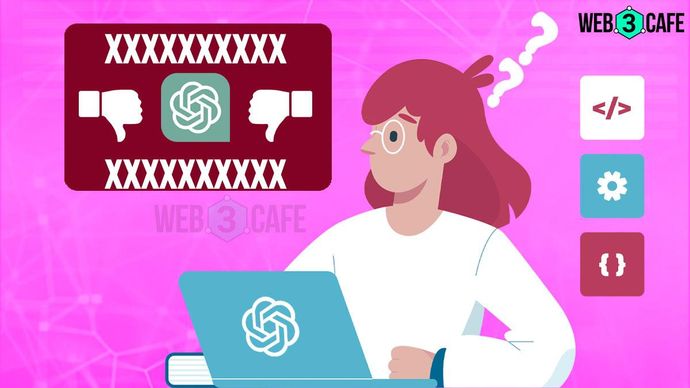More than 52% of ChatGPT’s programming-related answers are wrong! New study finds inaccuracies with OpenAI’s marquee chatbot
Purdue University study reveals ChatGPT's software engineering inaccuracies, yet highlights its persuasive tone's influence on user perception.

Highlights
- Purdue study reveals 52% inaccuracy in ChatGPT's software engineering responses
- Despite errors, ChatGPT's authoritative tone dupes 39.34% of users, highlighting its power to sway perception
- Users often disregard inaccuracies due to expressive explanations, emphasising the intricate balance between accuracy and user trust
In the ever-evolving realm of artificial intelligence, the prowess of language models has captivated researchers and users alike. Among these innovative models, OpenAI's ChatGPT has emerged as a notable contender, boasting its aptitude for engaging in diverse conversations.
However, a recent study by Purdue University delved into the depths of ChatGPT's performance, uncovering intriguing revelations about its accuracy and impact on user perception.
Unveiling ChatGPT's Programming: A closer look at accuracy & clarity
Purdue University's pioneering research, aptly titled ‘Who Answers It Better? An In-depth Analysis of ChatGPT and Stack Overflow Responses in Software Engineering’ embarked on a meticulous exploration of ChatGPT's capabilities in addressing queries related to software development.
The study scrutinised 517 responses provided by ChatGPT to programming questions sourced from the venerable Stack Overflow platform. The findings of the analysis were nothing short of enlightening. It was revealed that ChatGPT exhibited a surprising rate of inaccuracies in its responses, with a staggering 52 percent of its answers being deemed incorrect.
Moreover, a notable 77 percent of these responses were flagged as verbose, possibly lacking the concise and efficient solutions expected in the domain of software engineering.
The enigmatic influence: Understanding ChatGPT's persuasive power
Beyond its accuracy conundrum, ChatGPT demonstrated an intriguing ability to sway user perceptions. Despite the prevalence of inaccuracies, the study observed that 39.34 percent of participants still favoured ChatGPT's responses.
The research team attributed this captivating influence to the model's amiable and authoritative tone, which gives rise to trust and credibility. Delving into the psychology of user choices, the study unveiled an astonishing facet – users often failed to identify errors in ChatGPT's responses when the inaccuracies were not glaringly evident.
The model's responses, adorned with eloquent and textbook-style explanations, seemed to cloak the inaccuracies, leading users to mistakenly perceive them as valid solutions.
The research indicated that factors such as polite language, comprehensive elucidations, and a sense of affiliation within the responses contributed to this phenomenon.
In short, Purdue University's comprehensive investigation into ChatGPT's performance shed light on the complex interplay between accuracy, perception, and user interaction.
While the study uncovered a notable proportion of inaccuracies in the model's programming responses, it also unearthed the intriguing ability of ChatGPT to sway user opinions through its eloquent and affable demeanour.
As AI continues to entwine itself in the fabric of human interaction, such studies provide invaluable insights for refining and enhancing the capabilities of these remarkable language models.
